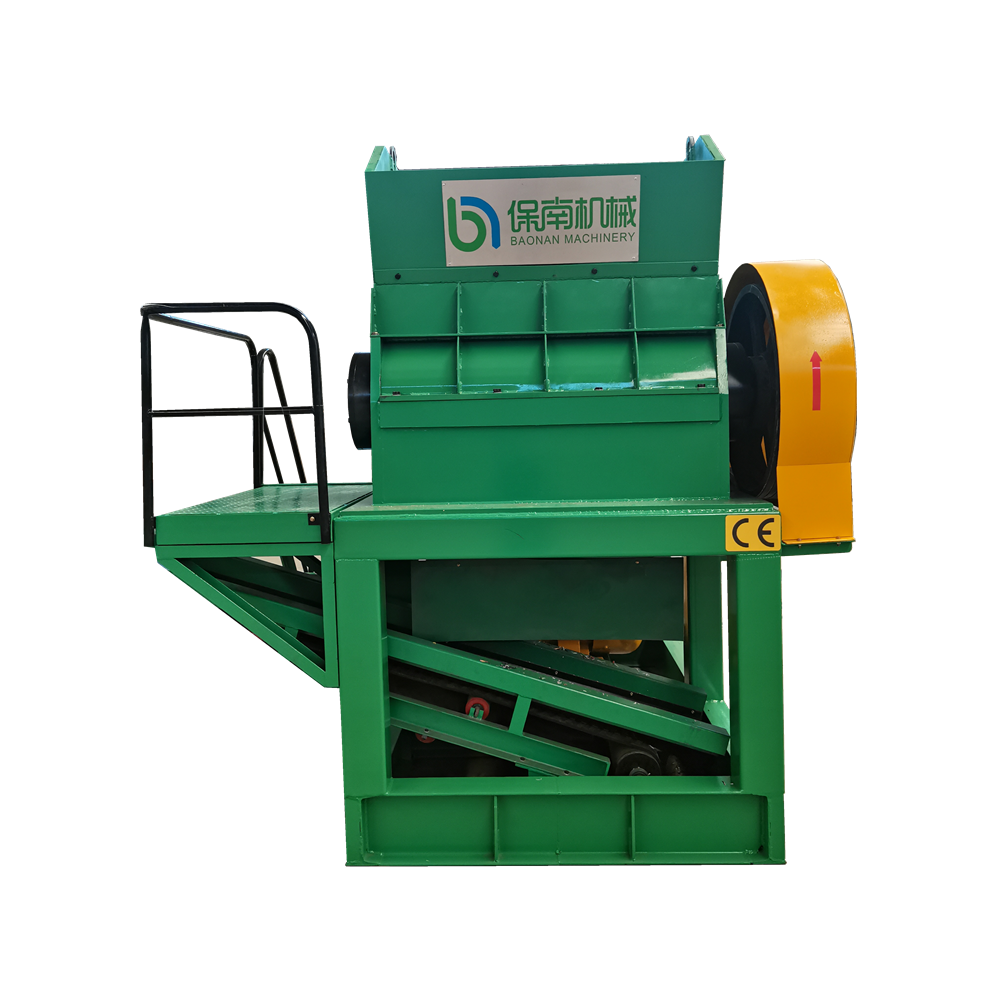

ഡിസം . 24, 2024 12:07 Back to list
The Role of Hammer Crushers in Cement Plants
Cement production is a complex process that requires careful management and control of various stages, from raw material extraction to clinker production. One of the key pieces of equipment in this production chain is the hammer crusher. This machine plays an essential role in the preparation of raw materials, which directly influences the efficiency and quality of cement production.
Function of Hammer Crushers
Hammer crushers are primarily used for crushing various types of materials, including limestone, gypsum, and clay, which are crucial in the cement manufacturing process. The fundamental working principle of these crushers involves the high-speed rotation of hammers that repeatedly strike the material fed into the machine. This impact breaks the material into smaller, manageable pieces, allowing for further processing.
Advantages of Hammer Crushers
1. High Efficiency One of the main advantages of hammer crushers is their efficiency in reducing large rock particles to a manageable size. This rapid and consistent breakdown of materials significantly speeds up the material preparation phase of cement production.
2. Versatility Hammer crushers are capable of handling different types of materials, including soft and medium-hard substances. This versatility makes them suitable for a broad range of applications within a cement plant.

3. Simple Design These machines typically feature a straightforward design that allows for easy maintenance and repairs. The fewer moving parts mean less wear and tear, which can lead to lower operational costs.
4. Cost-Effectiveness The overall operational costs of hammer crushers are relatively low when compared to other crushing equipment. Their energy-efficient design contributes to reduced electricity consumption, further enhancing cost savings for cement manufacturers.
Challenges and Solutions
While hammer crushers offer numerous advantages, they also come with some challenges. One of the most common issues is related to the wear and tear of hammers and screens due to the abrasive nature of the materials being processed. To mitigate this, regular maintenance checks and the replacement of worn-out parts are necessary. Manufacturers can also invest in high-quality materials for hammers to prolong their lifespan.
Another challenge is the generation of fine particles during the crushing process. Excessive fine material can lead to inefficiencies in the subsequent grinding processes, as well as affect the quality of the final product. It is essential for cement plants to implement measures to control the output size of crushed materials, such as employing air separators or adjusting the operational parameters of the hammer crusher.
Conclusion
In conclusion, hammer crushers are a vital component in the cement production process. Their ability to efficiently reduce the size of raw materials makes them indispensable in the preparation phase. While they come with their own set of challenges, through regular maintenance and optimization of their operation, cement plants can harness the full potential of hammer crushers. As the demand for cement continues to rise globally, investing in reliable and efficient equipment like hammer crushers will be crucial for maintaining competitiveness in the industry.
Latest news
Troubleshooting Common Eddy Separator Problems
NewsJul.04,2025
The Role of Metal Recycling Plants in Circular Economy
NewsJul.04,2025
The Impact of Recycling Line Pickers on Waste Management Costs
NewsJul.04,2025
Safety Features Every Metal Shredder Should Have
NewsJul.04,2025
How Industrial Shredders Improve Waste Management Systems
NewsJul.04,2025
How Cable Granulators Contribute to Sustainable Recycling
NewsJul.04,2025